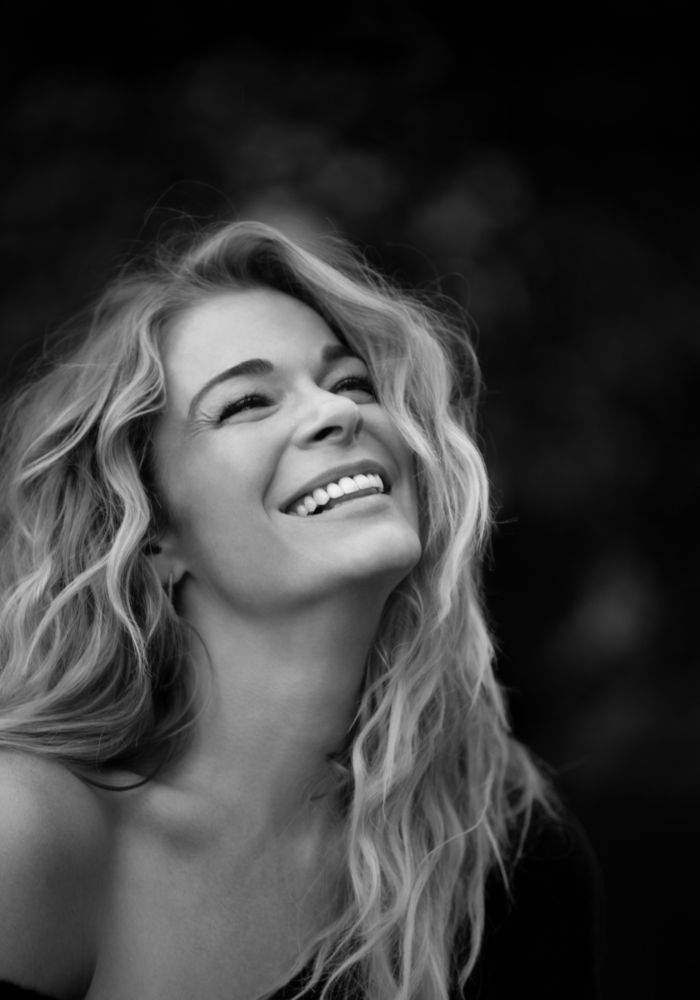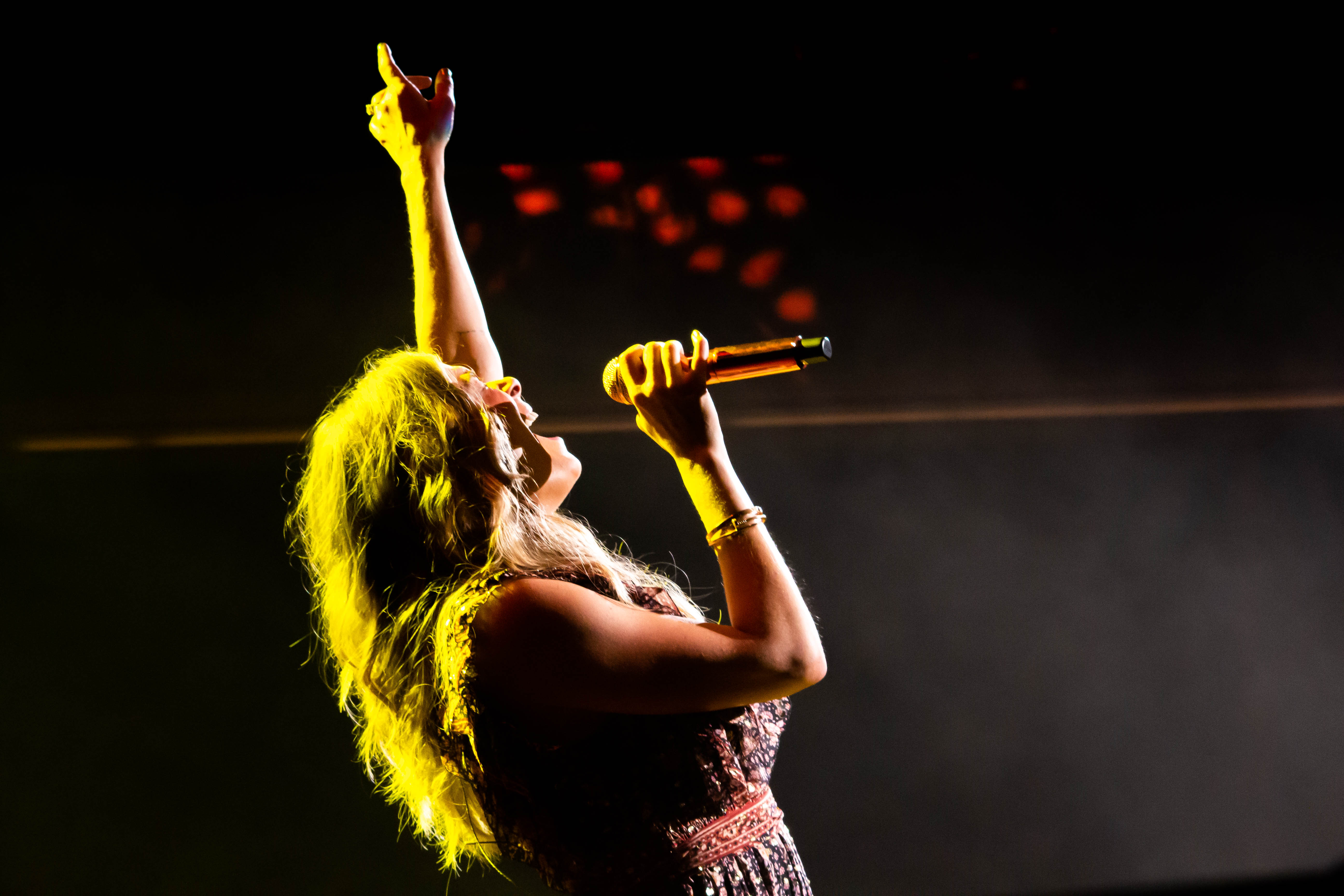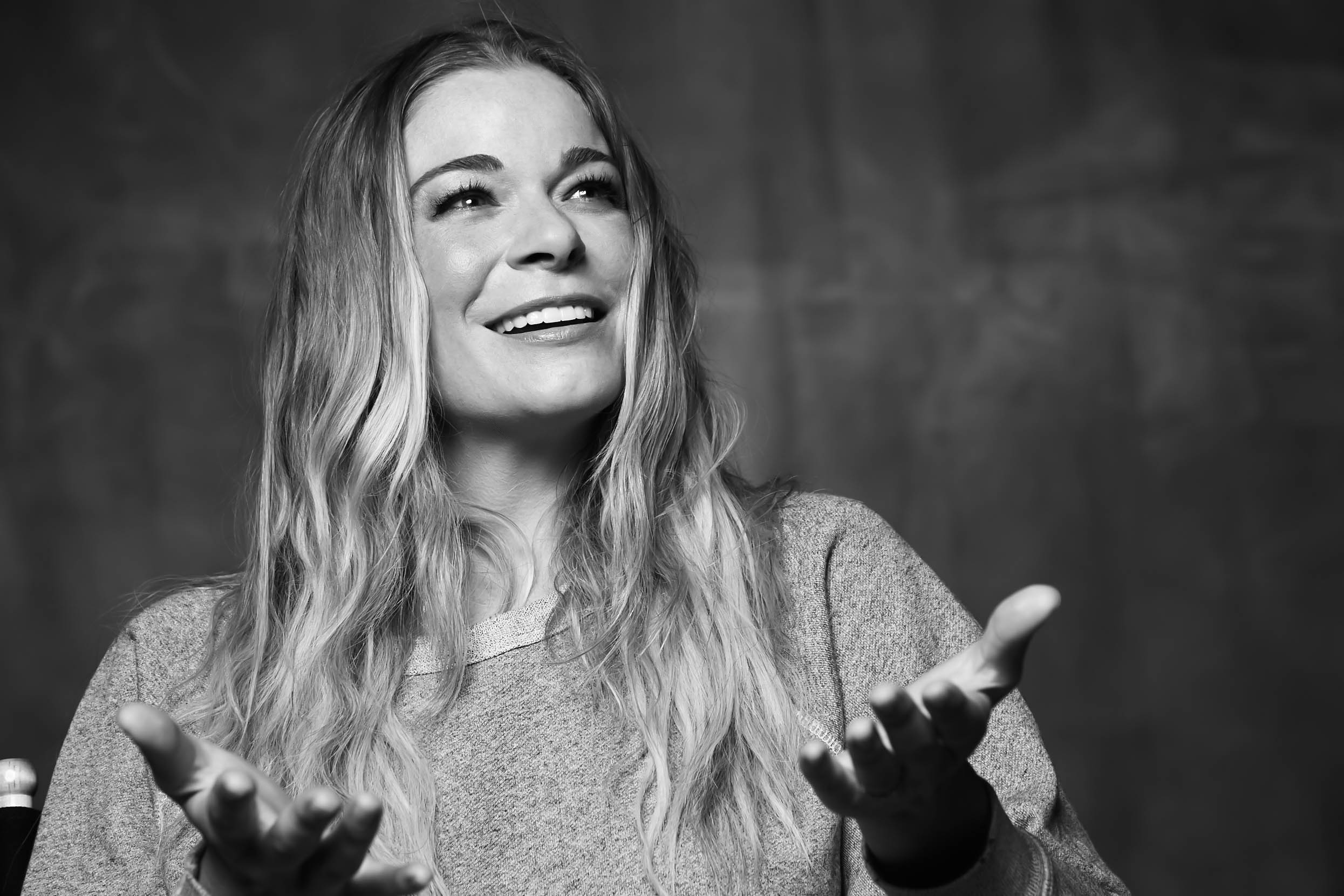It seems unfathomable that country music star LeAnn Rimes is about to celebrate 25 years as a recording artist. But it’s true. This year also marks 20 years since the iconic movie Coyote Ugly was released – a film which LeAnn provided the soundtrack for, thanks to a twist of fate phone call with revered songwriter Diane Warren, the artist responsible for writing LeAnn’s debut hit How Do I Live.
Most incredible of all, Warren wrote that track “with LeAnn in mind” - she was just 14 at the time. But that’s the kind of life LeAnn Rimes has had. It’s been a rollercoaster ride: fast and wild, with twists and turns, but mostly exhilarating and, although a little scary at times, ultimately rewarding.
Deep down, she’s “just LeAnn, not LeAnn Rimes” - and that’s evident when listening to her stories, her motivations, her love of music, and her humble attitude towards her successes. LeAnn has recently revisited the Coyote Ugly tracks with long time collaborator and remixer, Dave Aude, reworking them for a new audience, yet retaining the core purity of that unmistakable voice. And she also has a new podcast on iHeartRadio dedicated to humanity and supporting those with mental health issues. LeAnn chats to Headliner from her Los Angeles home…
LeAnn has been “okay” during lockdown, she tells me – keeping busy musically for sure, and very much in LeAnn fashion, trying to do good for people in general.
“I guess I’m doing as well as everybody else is at this moment in time, taking it day by day; I haven’t been home this much since I was 13,” she says, with a smile. “It’s stressful at times - and so weird that we can’t tour. It’s an odd time, and has changed life for everyone.”
Indeed it has. We start to chat about LeAnn’s most recent project – a unique collab with producer and remixer, Dave Aude, who’s taken a deep dive into LeAnn’s Coyote Ugly soundtrack (which has just turned 20) to create a megamix mashup. Is that the correct terminology..?
“Yeah! [laughs] It was a total blast to work with him; Dave is a dear friend, and we have had a lot of success together over the years,” she explains. “He was my first thought; I wanted to do something of a mashup of all four songs [from the movie], and he also did a full remix of each song which we have been releasing as we go.
“It’s a very nostalgic soundtrack for a lot of people, and for me, the music was always great from the film, and people are digging it again, which is great, to kind of hear it as a mash up with me in the middle!”






